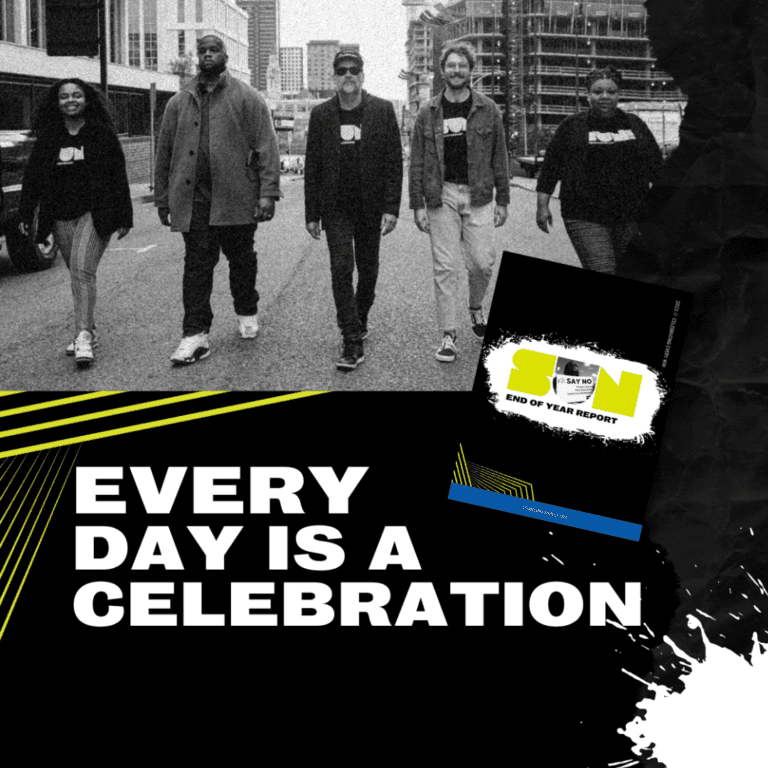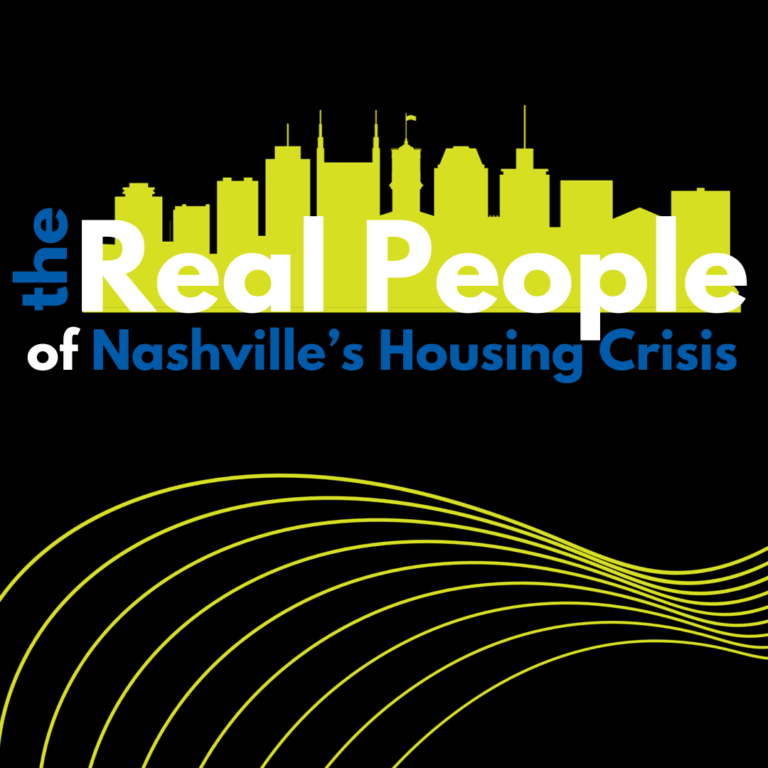ASK MAYOR, PLANNING DEPT. & COUNCIL TO SLOW DOWN EAST BANK STUDY SO WE DO IT RIGHT
The East Bank Planning Study
In June of 2020, the Urban Land Institute — a professional organization of real estate and land use experts — issued a statement about its plans to deal with the “broken systems” of planning and development that continue to disadvantage people of color. ULI stated, “We must engage with our communities to identify historical and current policies that perpetuate discriminatory practices and develop solutions that can help tackle deeply rooted social inequities.”
Measured against this commitment, the East Bank Study has been flawed from the start. Planning efforts have not engaged the most affected communities, and discriminatory practices and deeply rooted social inequities have not been addressed. Outreach efforts have involved only a few people of color and seem to have focused on developers, architects, and other professionals. Families of modest means, who are being priced out of Nashville, have not been drawn into the process, even though they are affected more than any other group.
Every step taken so far in the process has raised red flags:
- The first, virtual “Community Stakeholder” meeting provided only the ability for community members to insert questions or comments into a chat box, with no ability to see who else was present or how many people attended the meeting.
- Representation on the Neighborhood Advisory Committee was selected by the city without informing residents of the neighborhoods. Meetings of this committee are not publicly available.
- This study concerns the largest plot of land in the whole urban core, and the future development will sit next to Oracle, which will be one of the largest employers in the entire city. The Neighborhood Advisory Committee, however, only includes representatives from the contiguous neighborhoods near the East Bank.
- Attendance at the “Planning and Design Principles Public Workshops” was concerning — it appeared that there were more consultants and public employees present than community stakeholders.
- The demographics of the meetings demonstrate the failure to ensure broad consultation of impacted communities. In one session, for example, only three people of color were in attendance, compared to 18 white people.
- The structure of the Public Workshops did not allow for meaningful public input.
- Multiple stations were set up with “activities” that constrained the ability to candidly talk about the topics at hand.
- The land use station provided stickers representing various density and building types, but there was no chance to actually discuss how zoning for such density or building types could form opportunities for affordable housing.
- Nothing was presented on the Nissan Stadium site, which is over a hundred acres of land owned by the city.
- Only staffers were allowed to publicly present feedback – not the attendees who actually provided the feedback at the stations. No time was included for stakeholders to make broader comments.
These workshops seemed to deliberately avoid any mention of uncomfortable realities, preferring instead to focus on all of the beauty and leisure activities that the development would bring to the city. For people of color and those of modest means, it felt like the message was clear – we have no say in the future of the East Bank.
The lives of all Nashville residents will be affected by the ultimate development of the East Bank. The time is now to slow down the process and do it right.
Planning, Zoning and Racial & Economic Equity
Under Mayor Cooper’s administration, Metro has released multiple reports on topics like affordable housing, sustainability, transit, disparity, equal opportunity, and more.
However, current planning and zoning priorities seem to indicate that these materials aren’t being used to inform the planning and design process in the East Bank Study.
Since Metro’s own research isn’t being deployed, here’s what we’ve found that should be addressed in the East Bank Study:
- The Planning Department continues to communicate that they cannot do anything related to the production of affordable housing through zoning, due to state preemption on inclusionary zoning policies that require or incentivize affordable housing. This, however, is an oversimplification of this issue.
- Metro and the Planning Department can set up different tools and resources to proactively enable affordable housing going into the East Bank.
- Metro can demand a coordinated and proactive effort across Planning, MDHA, the Mayor’s office, and Metro Council to ensure that affordable housing and affordable commercial spaces for small, local, women- and minority-owned businesses are available.
- The Mayor and Metro Council must come up with the resources required to enable for-profit developers, nonprofit developers, and MDHA to be able to create mixed-income development and affordable commercial spaces. These resources may include:
- Tax Increment Financing
- Payments in Lieu of Taxes for tax credit and non-tax credit properties
- Increased funding for the Housing Trust Fund
- Additional financial resources – such as those tied to the American Rescue Plan – that are targeted to the East Bank and surrounding areas to place affordable homes in an area of opportunity.
- The Planning Department — per their presentations — is currently proposing low- and mid-rise density on the East Bank along with ample open spaces. This is not an appropriate use of land in the urban core when we face a massive housing supply shortage that is driving up rents.
Nashville is one of the worst cities in the country at addressing housing supply relative to our growing population size. We are terribly behind on public transit development, transit-oriented development, and environmental justice. We will not progress if we do not embrace sustainable density.
- The impacts of the East Bank planning site and Oracle coming to River North will ripple into the surrounding communities and onto the entire Metropolitan Statistical Area. The time is now, before it’s too late, for Metro to end exclusionary zoning that is constraining the production of housing that is less expensive.
- Metro must also couple any zoning changes with resources and incentives. For instance, providing a grant and low-cost loan program for homeowners to build ADUs in return for renting the unit at an affordable cost or deepening the affordability by accepting a voucher.
- When politicians, developers, and planners tout the benefits of major redevelopment projects like that proposed for the East Bank, the creation of hundreds of new jobs is always one of the major talking points. However, there is rarely any consideration given to the quality of those jobs, either in construction or long-term service industry positions. We agree that the job opportunities presented are tremendous, but will not sit by quietly and watch employers continue the city’s pattern of exploitation and poverty wages.
- Currently, it appears that the Mayor is in negotiations with Titans about the renewal of their lease, after an announcement that land around Nissan Stadium is also destined for development. Similar to Oracle, this sounds like a nontransparent, backroom deal where the Mayor’s Office is going to push through a pre-established deal for the fate of over 100 acres of downtown Nashville. Business should be done in the light of day.
We don’t believe in sharing concerns without offering recommendations. We want to collaborate on this process, to ensure the following recommendations are carried out.
Recommendations:
- The Mayor and the Planning Department need to slow down the East Bank Planning Study.
- The Mayor and the Planning Department need to conduct proactive, broad-based community engagement across all of Nashville.
- The Mayor and the Planning Department need to provide extensive opportunities to actually listen to community stakeholders through public comments and open forums.
- The Mayor and the Planning Department must be transparent about who is on the Advisory Committees and who is attending events, including documenting demographics and organizational representation.
- The Mayor and the Planning Department should include representatives from community groups led by people of color or representing communities of color on the committees to ensure transparency and access for residents of color.
- The Mayor should stand with the community and tell the Titans that they cannot get a lease renewal unless they establish a Community Benefits Agreement for affordable housing, hiring local residents, and providing living wages.
- The Mayor should be transparent about what land is owned by the Metro in the East Bank and surrounding areas and create a concrete plan for how that land will prioritize affordable housing, affordable commercial spaces, and community services.
- The Mayor and Metro Council must also come up with the resources required to enable for-profit developers, nonprofit developers, and MDHA to be able to create mixed-income development and affordable commercial spaces.
- During the RFP process, the project can engage with small, local, woman- and minority-owned businesses to be equitably involved in contracting for development of the area.
- Zoning changes should not be pursued until the financial resources, tools, and polices are assembled to ensure racial and economic equity outcomes are guaranteed for the East Bank.
- Finally put an end to exclusionary zoning that restricts affordable housing – i.e. single-family zoning
- Couple any zoning changes with resources and incentives
- Metro must encourage developers to sign community benefit agreements addressing jobs before applying for rezoning, and condition the leasing of Metro property on complying with high-road standards for contractors and concessionaires.
We request a written response to our recommendations from the Mayor and the Planning Department. Please be transparent about what is possible.
Nashville needs to catch up with the times and learn from other cities. A coordinated strategy that centers racial and economic equity, mixed-income housing, and sustainability must be at the center of the East Bank redevelopment, starting with the study. If not, the Mayor would have lost an opportunity to fulfill a key campaign promise, and the people of Nashville would have lost their greatest chance at advancing racial and economic inclusion.









